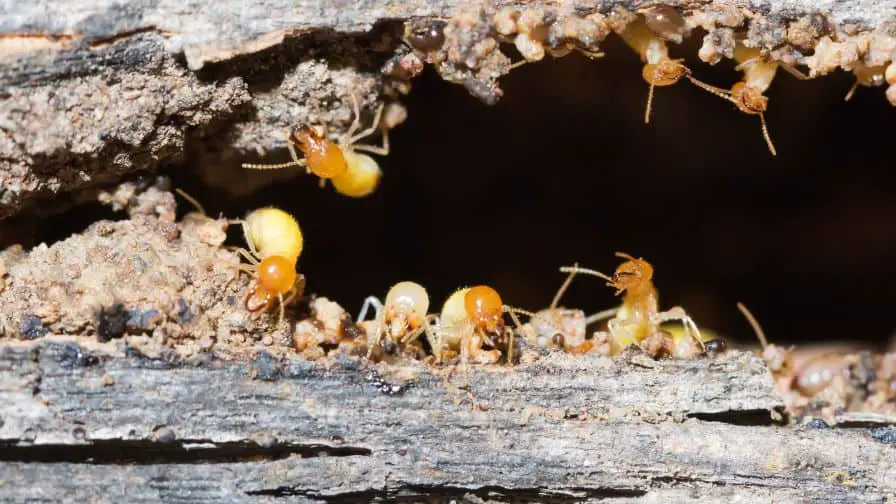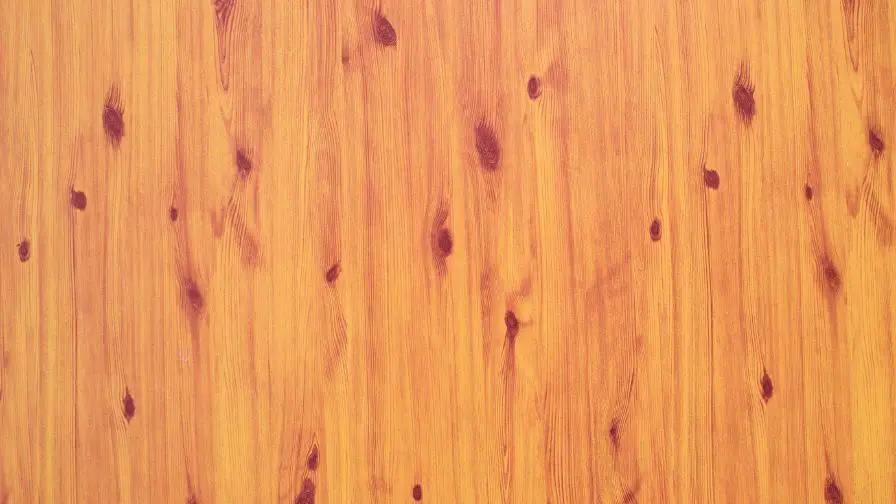
If you’re looking for an answer to the question “which wood is termite-proof?” you’ve come to the right place! In this blog post, we will discuss the different types of wood that are resistant to termites. We’ll also provide tips on how to prevent these termites from invading your home or business. So, if you’re concerned about pesky critters eating through your property, read on!
Which Wood Is Termite Proof?
There are a few different types of wood that are naturally resistant to termites. Brazilian Jatoba, walnuts, Mahogany, Teak, Cypress, and Redwood are the most popular options. All of these woods are incredibly durable and will last a long time without succumbing to termite damage.
If you’re looking for a termite-proof wood for your home, any of these six options is sure to be a good fit. Each type of wood has its unique benefits, so do your research before making a final decision. Whichever wood you choose, you can rest assured that your home will be well-protected against these pesky insects.
What Are Termites And Why Are They A Problem?
Termites are small, wood-destroying insects that most homeowners would rather not think about. Unfortunately, these pests can cause serious damage to homes and other structures made of wood. In the United States, termites cause billions of dollars in damage each year.
There are several different species of termites, but the two most common types are drywood termites and subterranean termites. Drywood termites live in, you guessed it, dry wood.
They don’t need contact with the soil to survive, so they can infest any wooden structure – from homes to furniture. In contrast, subterranean termites live underground and require moisture to survive. To reach their food source – wood – they build mud tubes.
How Can You Prevent Termites From Invading Your Home Or Business?
Subscribe to Accurate Termite and Pest Control
You can take a few steps to prevent these pests from invading your home and business.
First, make sure that there no wood is in direct contact with the ground.
Second, keep any potential food sources for termites, such as wood piles or mulch, away from the foundation of your building.
Finally, have a professional inspection of your property regularly to check for termite signs. If you do find termites, don’t panic! There are a variety of effective treatments available to get rid of them.
What Should You Do If You Find Evidence Of Termites On Your Property?
If you find evidence of termites on your property, the first thing you should do is call a professional. A professional will be able to assess the situation and determine the best course of action. There are a variety of treatment options available, and a professional will be able to recommend the best option for your situation.
In most cases, treatment will involve the use of pesticides. Pesticides are effective at killing termites, but they can also be harmful to humans and animals if they are not used properly. If you decide to treat your property yourself, you must follow the directions on the pesticide label carefully.
You can prevent termites from returning once they have been eliminated. The best way to prevent termites is to keep your property clean and free of debris. Make sure to regularly inspect your property for termite signs, and call a professional in case you find any evidence of them.
Termites are among the most destructive pests in the world, but they can be controlled. If you think you may have termites on your property, call a professional immediately. With the right treatment, you can get rid of them and prevent them from coming back.
How Much Does It Cost To Get Rid Of Termites?
Termite treatment usually costs about $800 on average. If you have an infestation, you’ll probably need to pay for repairs as well. The cost of getting rid of termites depends on home size and the severity of the infestation. The best way to prevent them from invading your home or business is to have a professional inspection every year.
If you think you have termites, don’t wait to get help. The longer you wait, the more damage they’ll do. Call a pest control company today to schedule an inspection. he
Is There Any Way To Tell If A Particular Type Of Wood Is Likely To Be Attacked By Termites?
Subscribe to This Old House
There are things you can look for when trying to determine if a particular type of wood is likely to be termite-proof.
One is the hardness of the wood. Hardwoods are generally more resistant to termites than softwoods.
Another is the density of the wood. Dense woods are also more resistant to termites than less dense woods.
Finally, you can look at the chemical composition of the wood. Some woods contain chemicals that make them less attractive to termites.
Are There Any Natural Remedies For Getting Rid Of Termites, Or Ways To Protect Against Them That Don’t Involve Chemicals Or Pesticides?
If you want to prevent these pests from invading your home or business, there are things you need to do. One thing you can do is to make sure that no wood is in contact with the ground. This includes firewood, fence posts, decks, and porch steps. If you have any wood that is in contact with the ground, you should treat it with a borate solution to help deter termites.
You can also use sand, gravel, or concrete around your home’s perimeter or business to create a barrier that termites will have difficulty crossing. Finally, you can have your property inspected regularly by a pest control professional to help identify any potential problem areas and take care of them before they become serious issues.
While there is no guarantee that you will never have to deal with termites, taking these preventive measures can help reduce the risk of an infestation. If you do find yourself dealing with termites, call a professional pest control company as soon as possible to get rid of them before they cause serious damage to your property.
What Do Termites Hate The Most?
There are things termites hate that can help keep them away from your home. One is the color red. A study shows that termites don’t follow ink colored red. Termites are attracted to light, so painting your house red can deter them.
You can also use termite-resistant wood. Some species of trees are more resistant to termites than others. Cypress and redwood are some of the most termite-resistant woods. Using these woods in your home or business can help keep away termites.
To prevent these pests from invading your home or business, you need to take a few precautions. By using termite-resistant wood and painting your property red, you can deter these pests. If you’re concerned about a termite problem, contact a pest control professional to inspect your property and help you find the best solution for preventing these pests.
Do Termites Eat Pine Wood?

Yes, termites eat pine wood. It’s actually one of their most favorite types of wood. However, different types of termites prefer different types of wood. For example, dry wood termites generally prefer oak and other hardwoods, while subterranean termites go for softwoods like cedar and pine.



